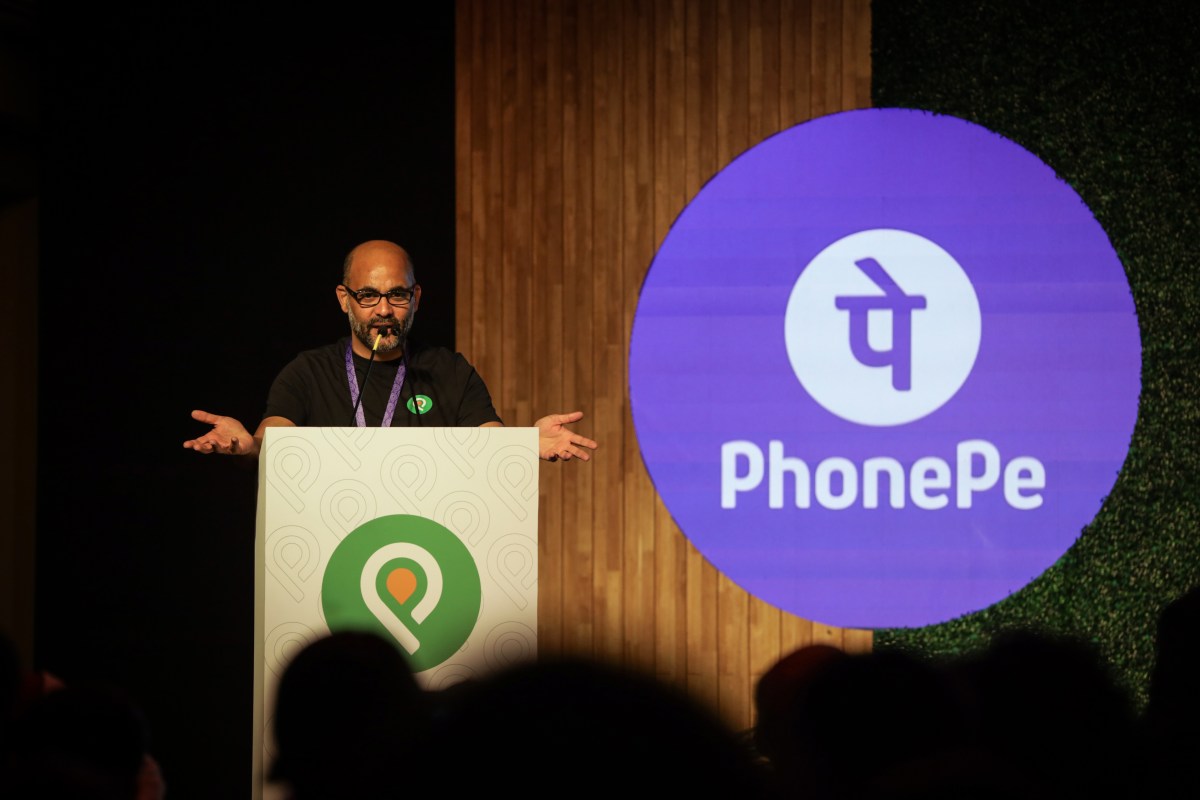Physical Address
304 North Cardinal St.
Dorchester Center, MA 02124
Physical Address
304 North Cardinal St.
Dorchester Center, MA 02124

India has once again pushed back a controversial plan to limit the control of big tech companies over the country’s digital payments system, widening the regulatory uncertainty that has plagued the sector for years.
India’s National Payments Corporation on Tuesday said it will extend the deadline to December 31, 2026, to impose a 30% cap on any company’s transaction share in the Unified Payments Interface, or UPI, the country’s ubiquitous digital payments network.
The decision gives temporary relief to Walmart-backed PhonePe and Google Pay, which together handle more than 85% of transactions on UPI. Processing more than 13 billion transactions per month, the network has become the backbone of India’s digital economy since its launch eight years ago.
The regulator, overseen by India’s central bank and backed by more than 50 retail banks, has struggled to find ways to enforce market share restrictions without disrupting the hundreds of millions of Indians who rely on these payment apps on a daily basis.

Over the course of this year, officials have held extensive discussions with industry leaders about ways to implement the caps, but have come up with no possible solution that wouldn’t risk disrupting the consumer experience, according to people familiar with the discussions.
Market share caps were first proposed in 2020, with the original deadline later extended to 2025. Monday’s decision marks yet another setback in India’s efforts to check the growing power of global tech giants in the burgeoning digital economy.
For PhonePe, which controls nearly half of India’s digital payments market, the expansion provides important clarity given its initial public offering plans. A senior executive of the company previously cited regulatory uncertainty over market share thresholds as a major obstacle to timing their IPO.
Facilitating interoperability between different payment apps and banks, the UPI network has become the most popular way for Indians to transact online, used for everything from street vendor payments to taxi fares.
The development highlights the challenges regulators face in balancing consumer convenience with market competition in the digital age, particularly in developing economies where technology adoption has outpaced regulatory frameworks.